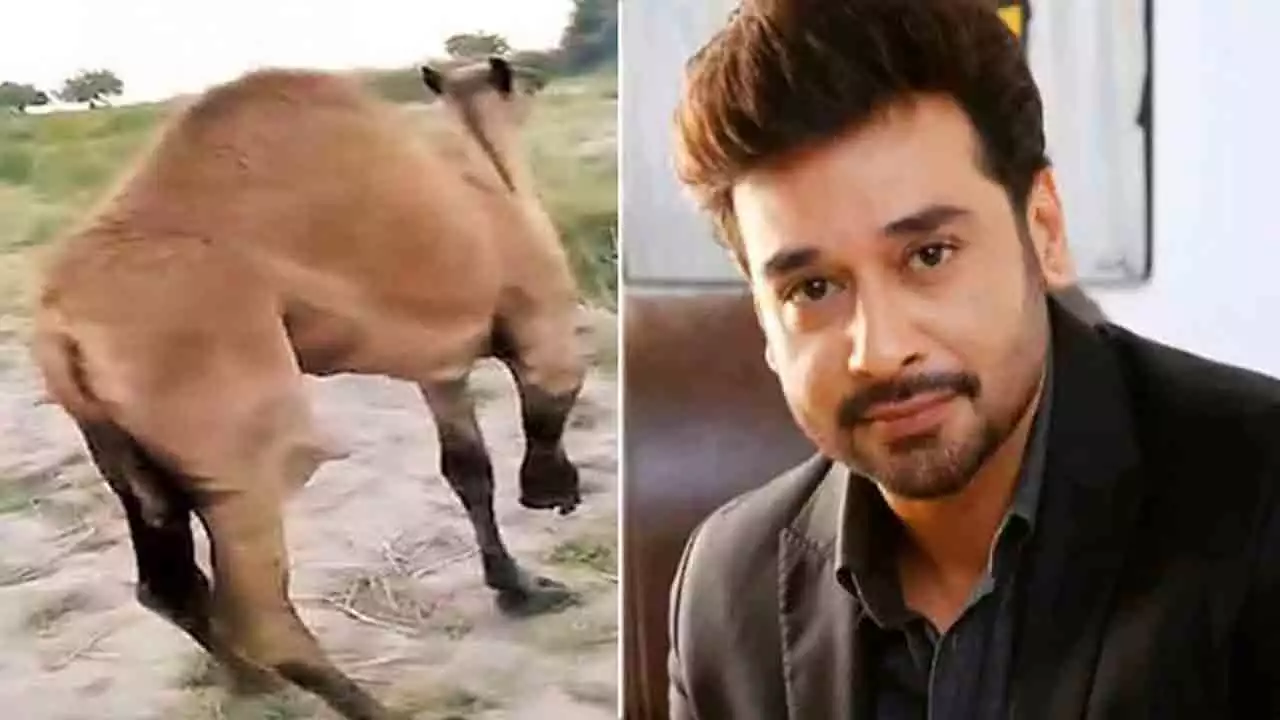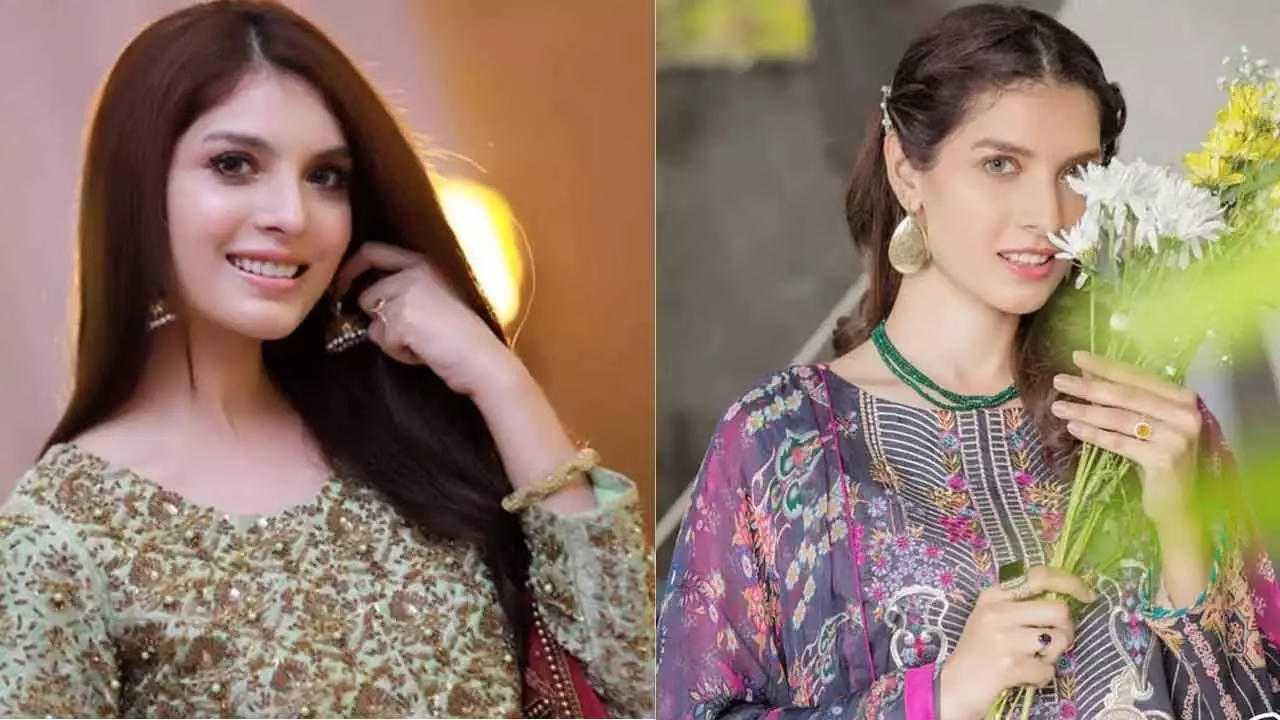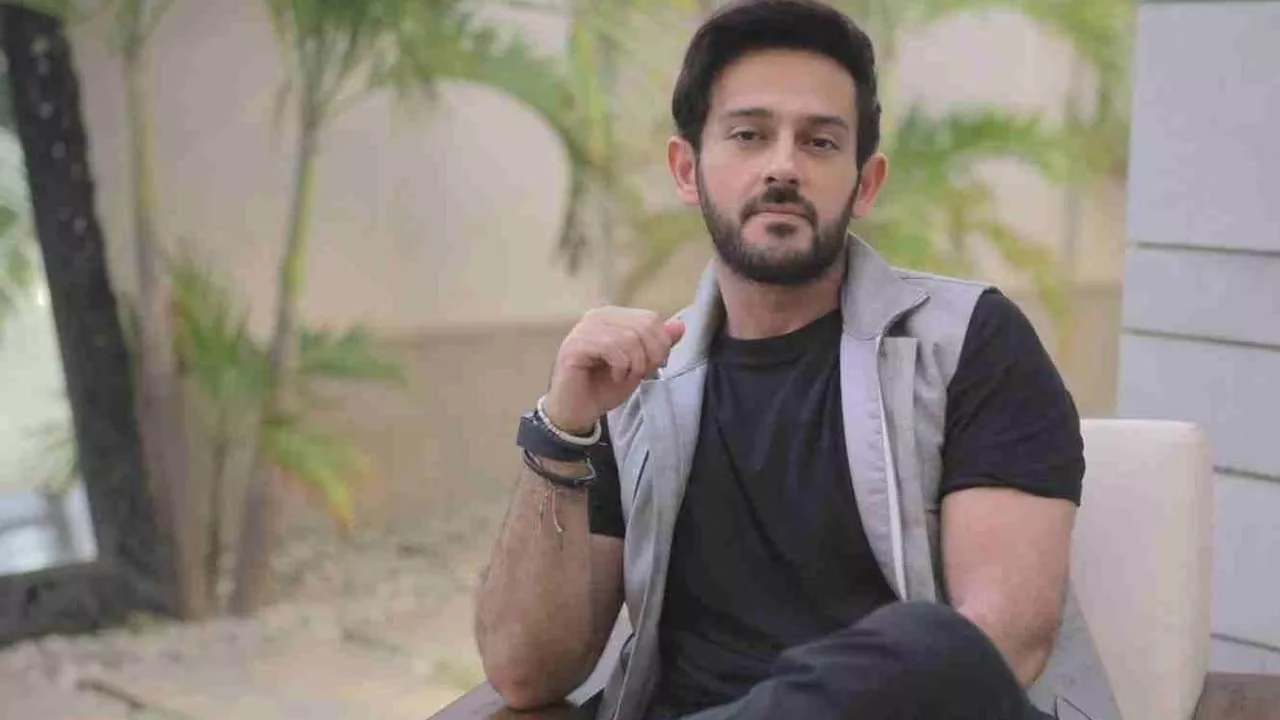In a heartfelt note released on his official Instagram story, renowned actor Faisal Qureshi addressed a poignant issue that has stirred emotions worldwide. He remarked, “And then the Western media found out that the leg of a camel is better than the necks of thousands of Palestinian children.” Qureshi’s statement reflects his deep regret and condemnation of the societal and media priorities that often overshadow more pressing humanitarian crises.
The Incident of Cruelty
The incident that sparked Qureshi’s reaction occurred in Sanghar, where a man identified as Zalim Vadere, along with his employees, brutally tortured a camel that had entered his lands. The gruesome act involved cutting off the camel’s leg with a sharp tool, an act of cruelty that was captured on video and subsequently went viral on social media. The video depicted the camel in severe distress, bleating and crying out in pain, evoking a wave of outrage and condemnation from social media users.
Social Media Outrage
The brutality displayed in the video led to widespread outrage across social media platforms. Users expressed their disgust and anger at the inhumane treatment of the animal, calling for strict action against those responsible. The video served as a stark reminder of the cruelty that animals often face and highlighted the urgent need for stricter animal protection laws and enforcement.
The Owner’s Protest
The owner of the camel, deeply affected by the incident, raised a severe protest at the Press Club Sanghar. He demanded justice for the cruelty inflicted on his animal and called for accountability for the perpetrators. The public outcry and the owner’s protest underscored the broader issue of animal rights and the need for societal change in how animals are treated and valued.
Faisal Qureshi’s Message
Faisal Qureshi’s message not only condemned the act of cruelty but also pointed to a larger issue of selective outrage and media bias. By contrasting the intense reaction to the camel’s plight with the relatively muted response to the ongoing suffering of Palestinian children, Qureshi highlighted a troubling discrepancy in global empathy and concern. His words served as a powerful reminder to not lose sight of the broader humanitarian issues while advocating for animal rights.
Broader Implications and Call for Compassion
The incident in Sanghar and Qureshi’s subsequent remarks bring to light several important issues. Firstly, the need for comprehensive animal protection laws that prevent such acts of cruelty and ensure that perpetrators are held accountable. Secondly, the importance of a balanced media approach that highlights all forms of suffering, whether it be of humans or animals, without bias or selective focus.
Legal and Social Reforms
In response to such incidents, there is a growing call for legal reforms to enhance animal protection. Activists and concerned citizens are urging authorities to implement stricter penalties for animal cruelty and to ensure that such laws are rigorously enforced. Education and awareness campaigns are also essential to change societal attitudes towards animals and promote a culture of compassion and respect.
Faisal Qureshi’s statement and the tragic incident of the camel’s torture serve as a wake-up call for society to address both animal cruelty and the broader issues of media bias and selective outrage. It is a call for empathy, justice, and balanced concern for all forms of suffering. As public outrage continues to grow, it is hoped that meaningful changes will be made to protect animals and address the biases that often skew our perceptions of global issues.
By fostering a culture of compassion and advocating for justice, society can ensure that the rights and well-being of both animals and humans are safeguarded. This incident reminds us that our empathy should not be selective, and our efforts to address cruelty and injustice must be comprehensive and inclusive.



